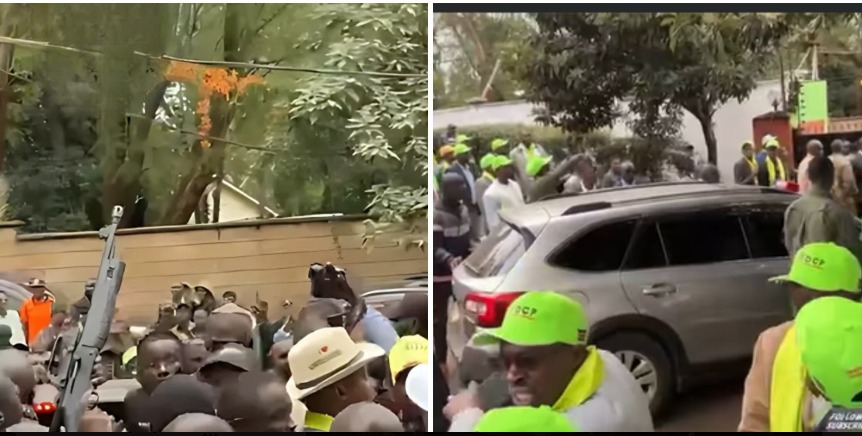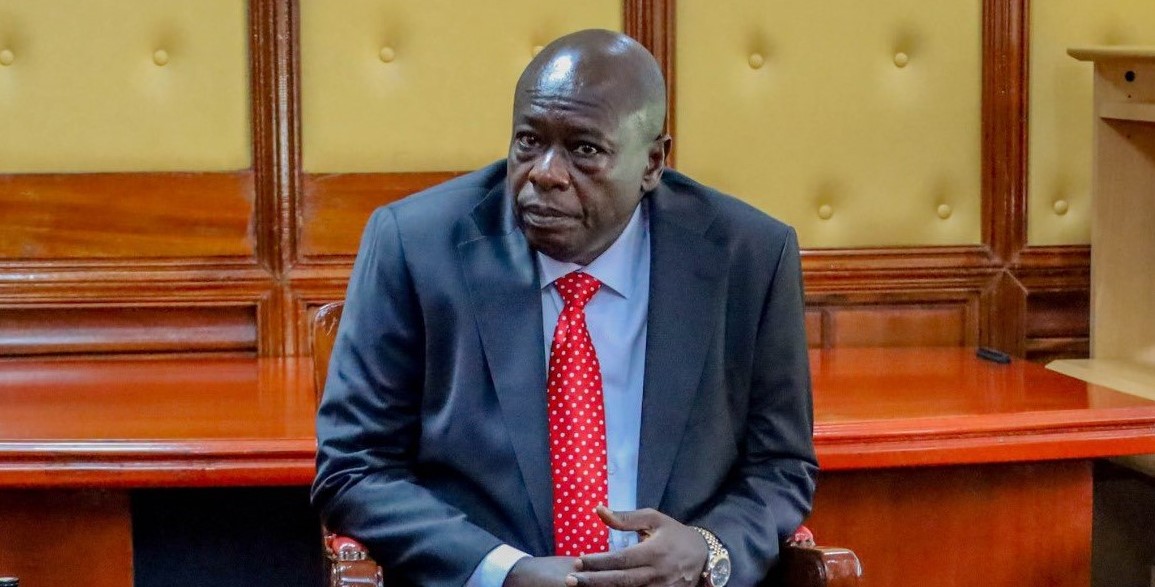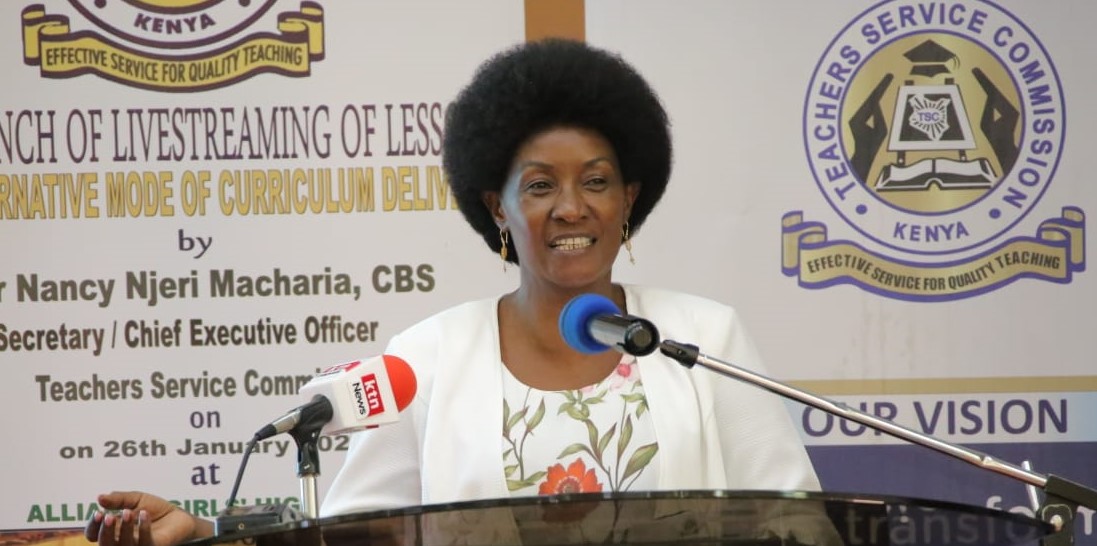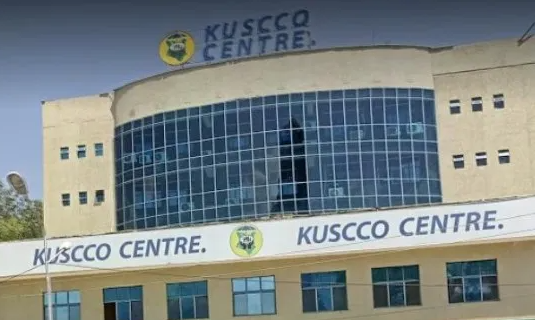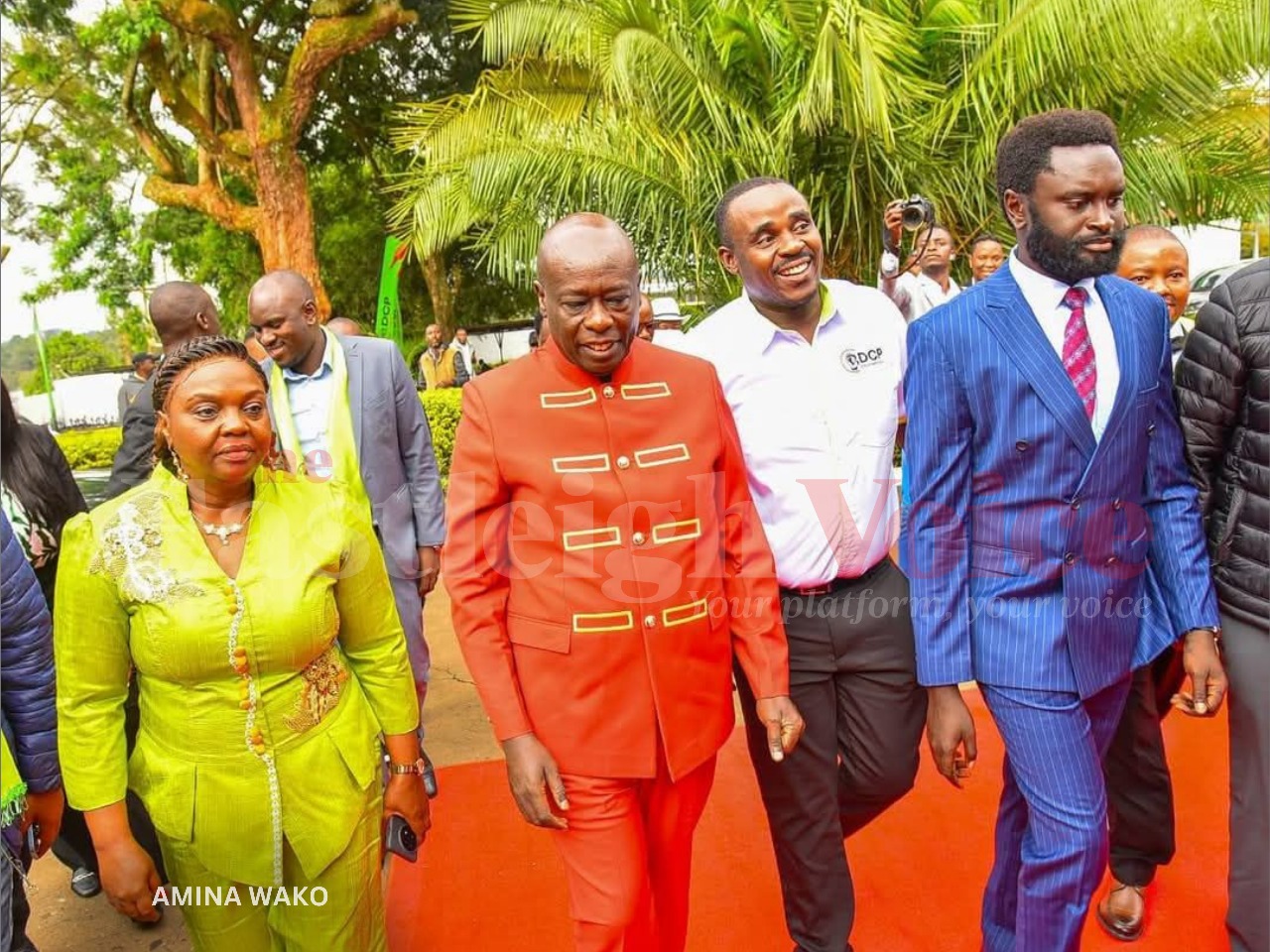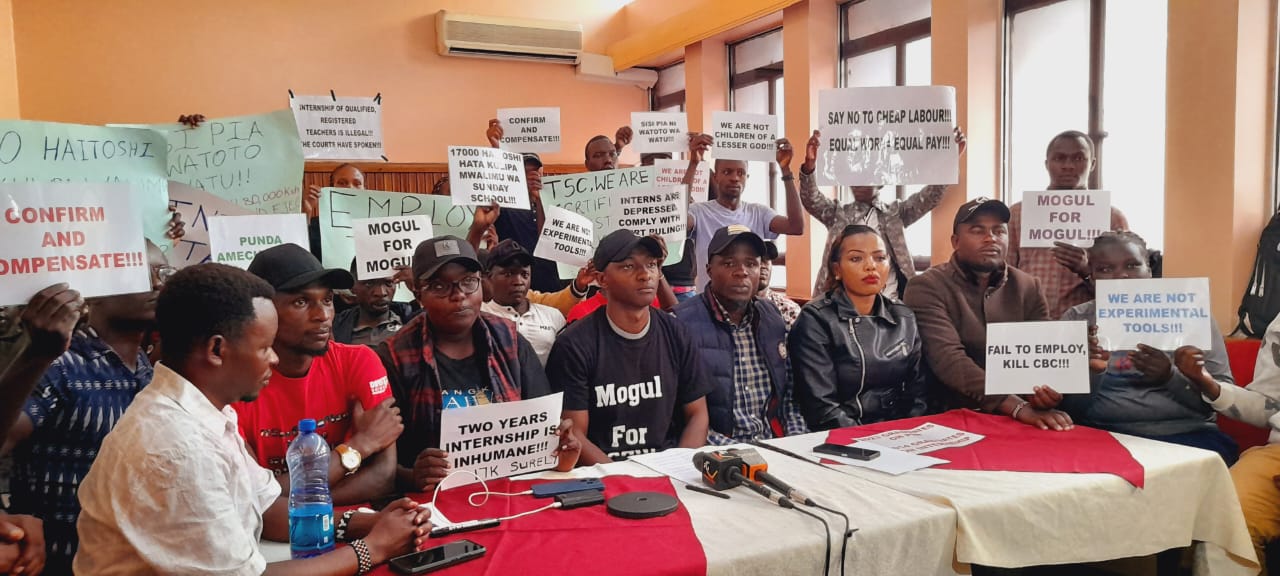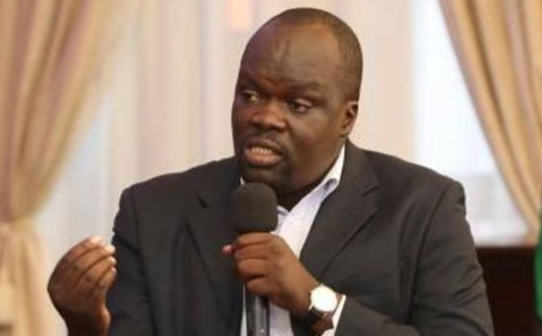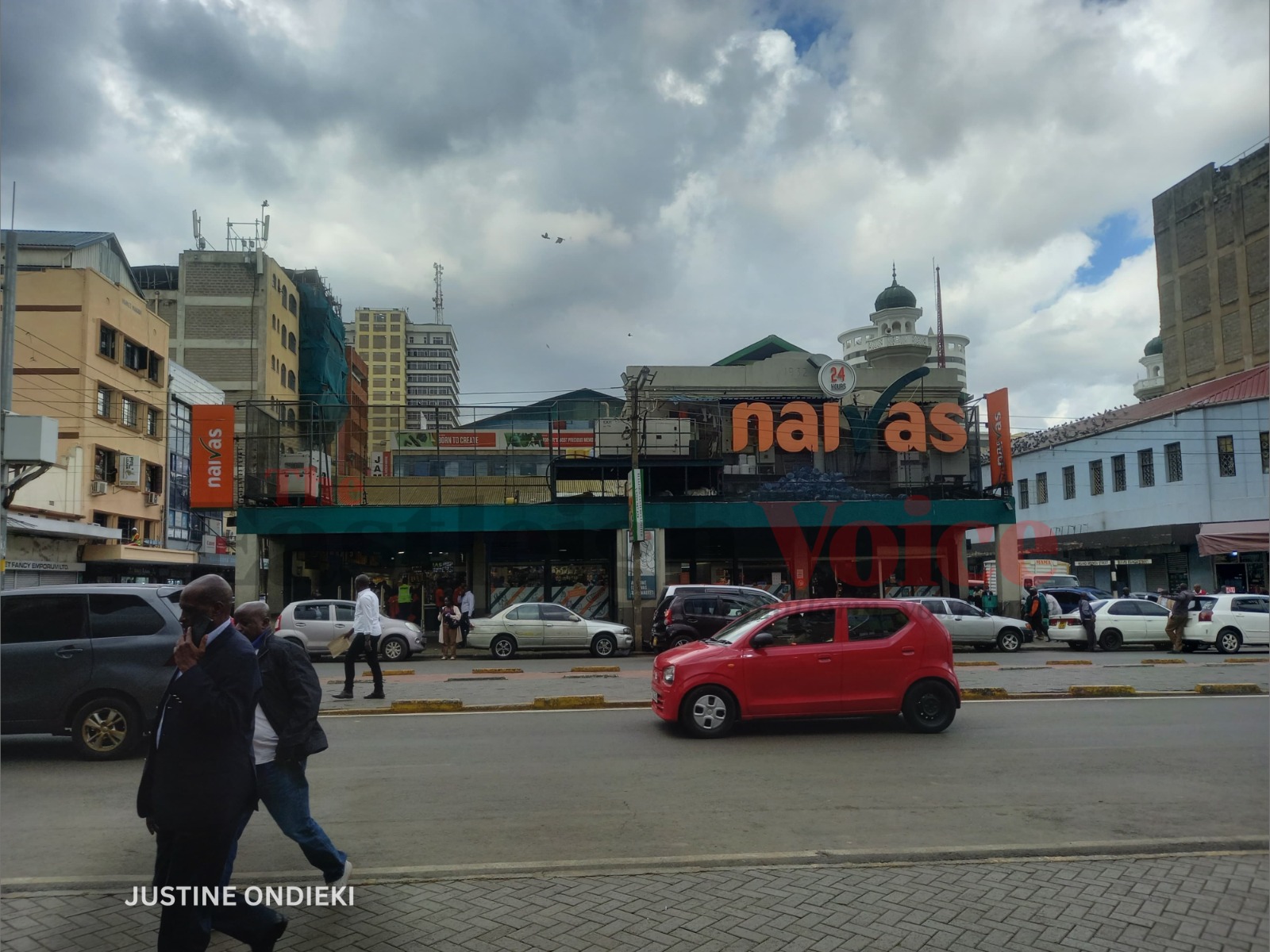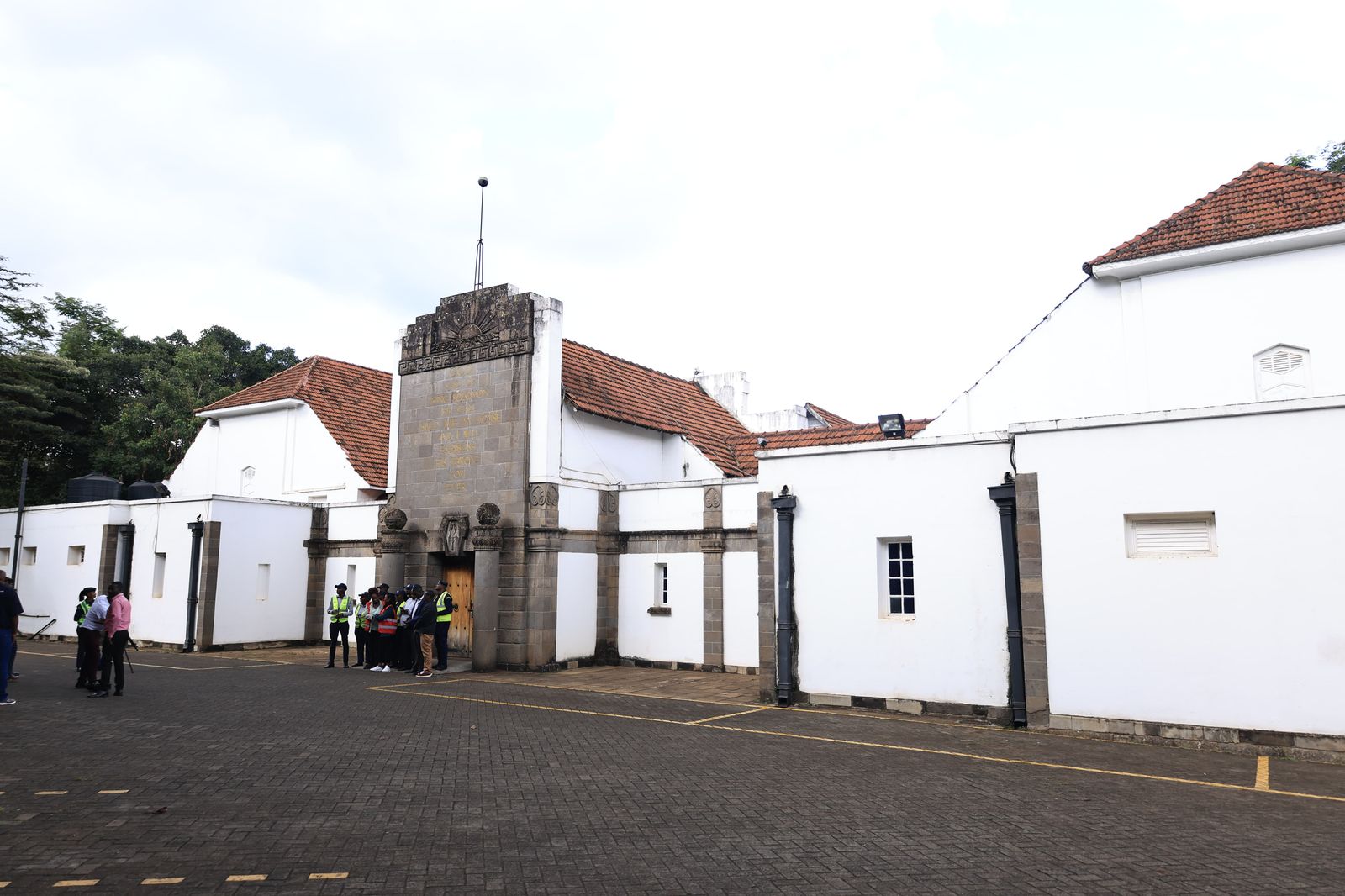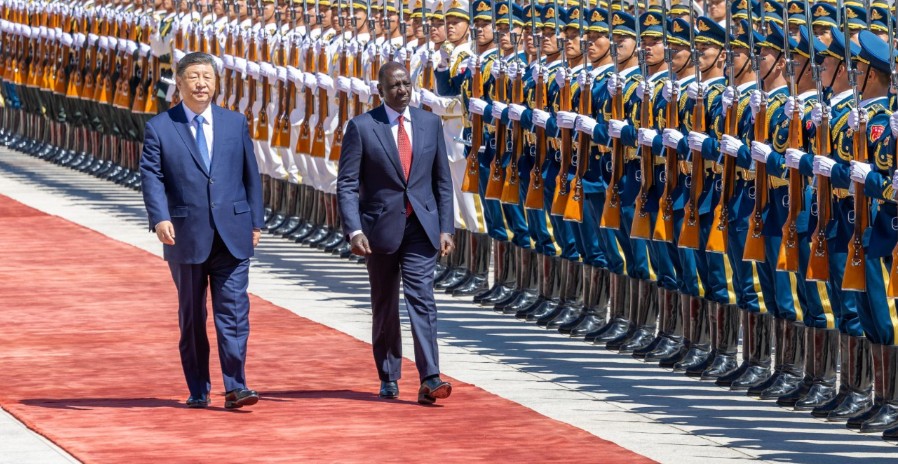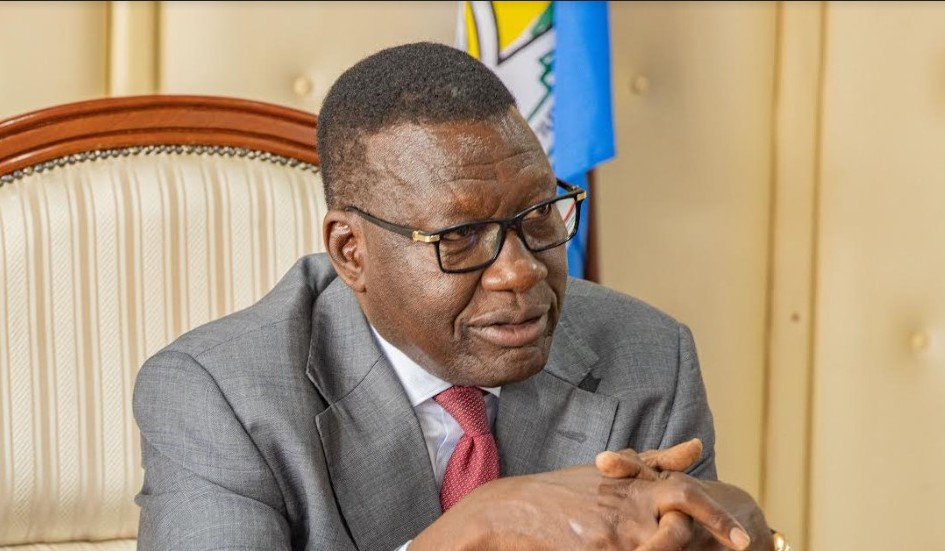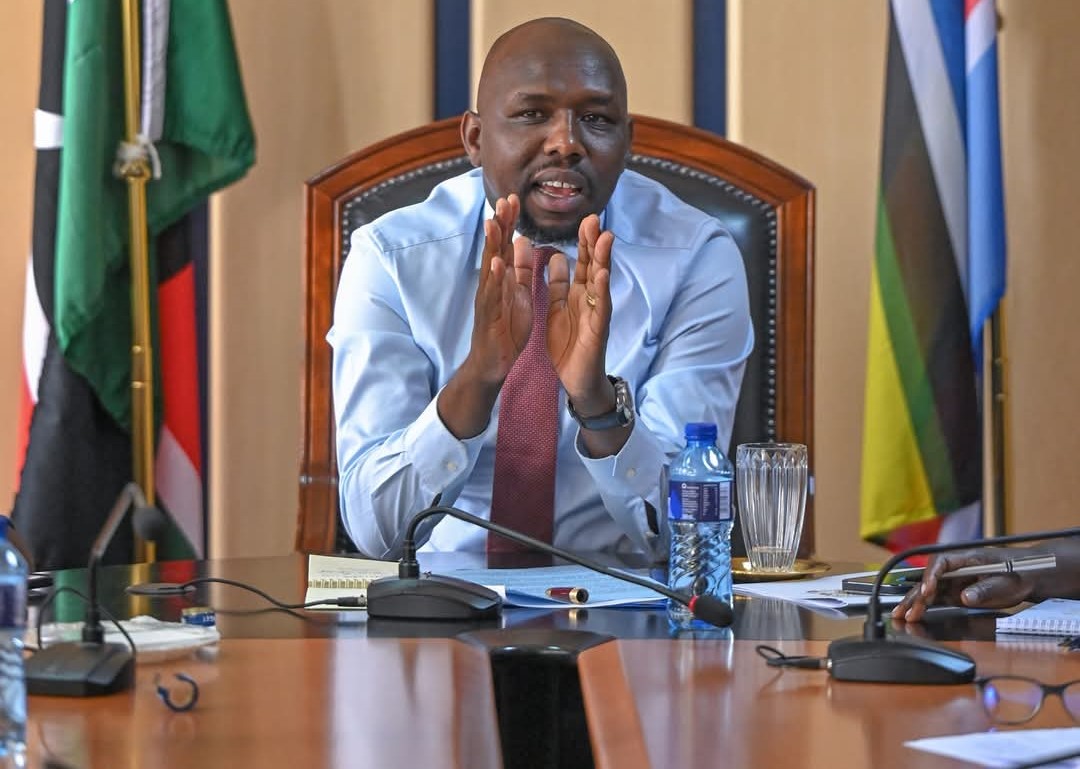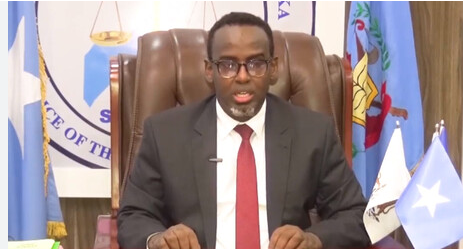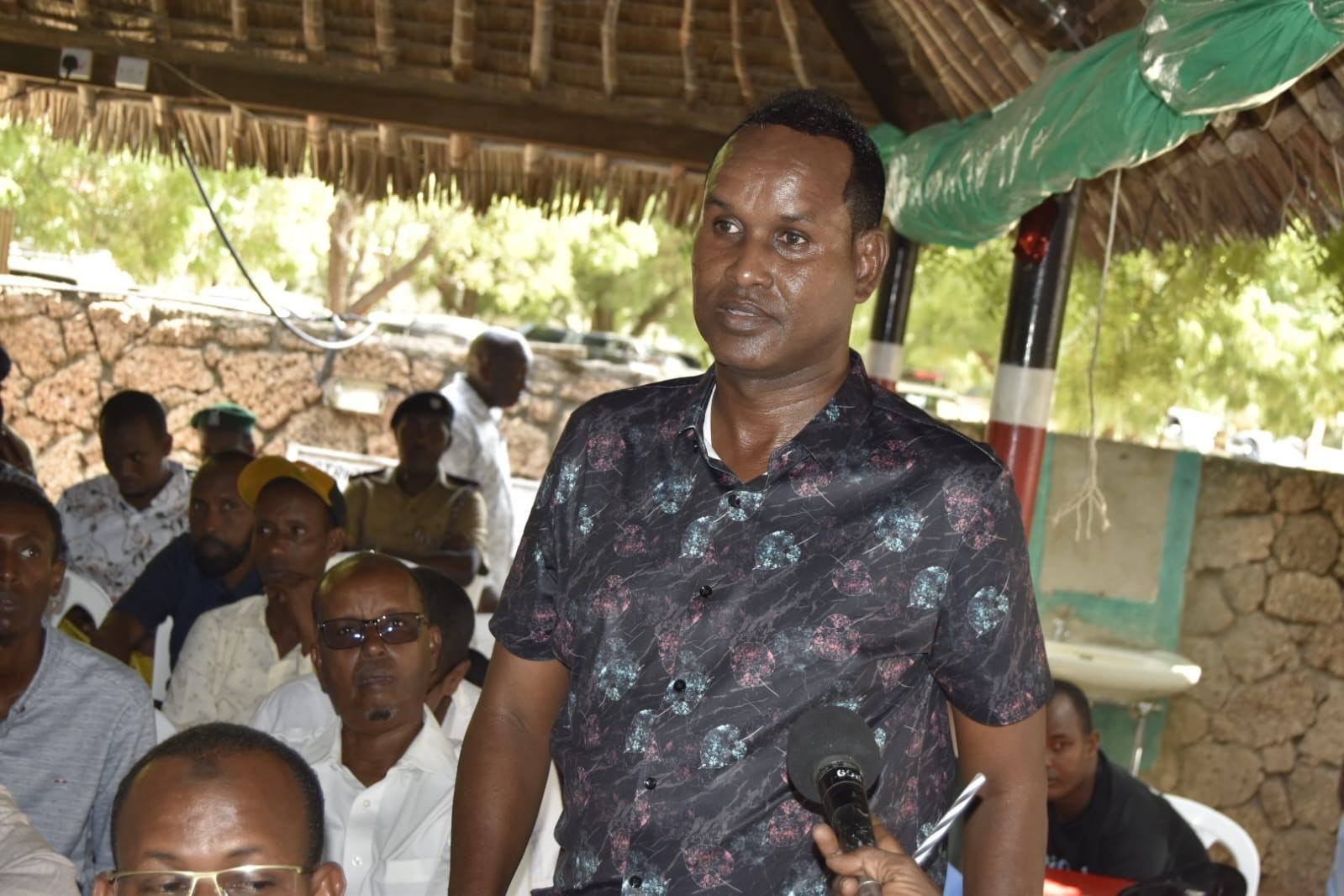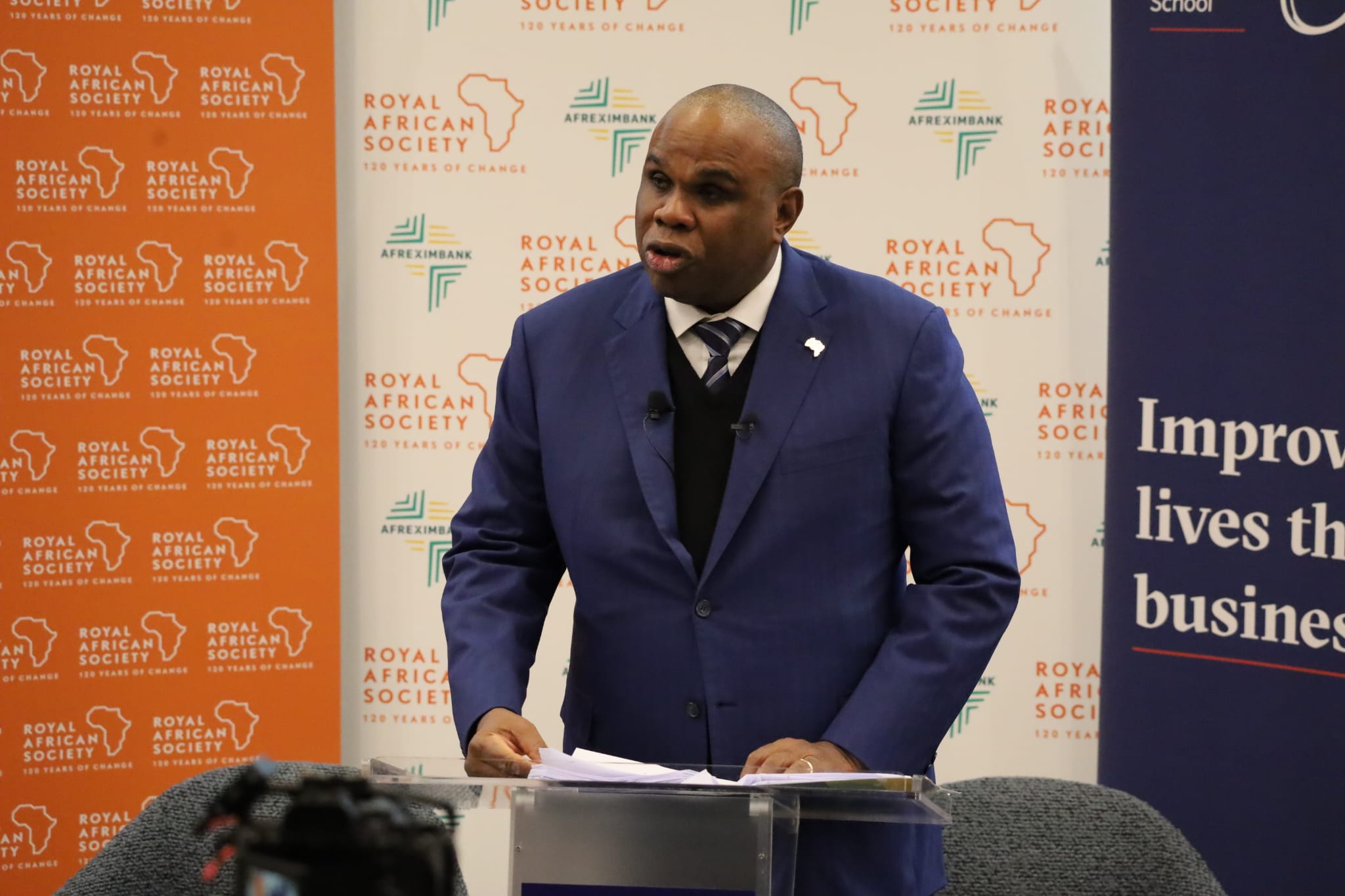Saalah Sanaag's new hit unites Somali community amid divisive music trends

In the song, Saalah emphasises that it does not matter where a Somali comes from, as long as they are part of the community.
Saalah Sanaag's latest hit song, recorded in Nairobi, has brought a sense of calm to millions of Somalis. This comes after weeks of divisive music releases related to Somaliland's maritime Memorandum of Understanding (MoU) with Ethiopia. The new song by the youthful musician promotes and calls for unity among the Somali community.
In recent weeks, musicians from Djibouti, Somaliland, and the federal states of Somalia have released songs either supporting or opposing the MoU. Some songs have even attacked people based on their place of residence or origin. These songs have heightened tensions among the Somali community online.
More To Read
- Somaliland at crossroads: Could US geostrategic interests break recognition deadlock?
- Somalia’s Prime Minister Hamza breaks new ground with historic visit to Las Anod
- Explainer: Intrigues surrounding Prime Minister Hamza Abdi Barre’s planned historic visit to Las Anod
- East Africa Trade Corridor forum seeking to boost regional trade opens in Addis Ababa
- Opinion: How Somaliland built thriving democracy from ashes of war, defying Africa’s election odds
- Somaliland says countries seeking to engage it on Palestine must first recognise its sovereignty
Saalah's hit song has trended on social media for a week before its official release. It amassed half a million views a day after its release though it was already trending on TikTok with some accounts getting millions of views.
The song features carefully crafted lyrics that call for nationalism and unity. In the song, Saalah emphasises that it does not matter where a Somali comes from, as long as they are part of the community.
"Waalana Garowe iyo Gabiley kala jeclayn, oo aan Guriceel Carte iyo Godey ii kala Sokeyn, Garissa wa ii Berbera," he sings. This means, "My love for Garowe and that for Gabiley is the same, my feelings for Guriceel, Carte, and Godey are the same, Garissa is just like Berbera for me."
Garowe is the administrative city of Puntland state, Gabiley is a town in Somaliland's self-declared independent state, Guriceel is the second largest city in Galmudug state, Godey is a city in the Somali region of Ethiopia, Carte is a city in Djibouti, Garissa was the headquarters of the defunct North Eastern Province and the seventh county currently in Kenya, Berbera is a port city in Somaliland.
Saalah's song has captured the attention of millions who believe it is time to move past the divisive songs. These previous songs either praised Somalia while speaking ill of Somaliland, or vice versa.
In his song, Saalah calls for forgiveness and unity. He addresses those holding grudges against other states or cities for past atrocities.
"Gaf dhacay anigoona dhalan, Gayiga kuma qeybin Karo, dad an kala guuri karin, intaad kala geyn laheyd, midkii isku geeyo noqo," he sings. This means, "Mistake that happened before I was born, I can't divide them through land, people who cannot be separated, be the one who keeps them together."
Hussein Mohamed, commonly known as Abwaan Tabiye, is a music producer in Eastleigh. He says the lyrics are directed at Somaliland.
According to Abwaan, Saalah wants Somaliland to reconsider its self-declared independence, be part of a united Somali nation and forgive the past atrocities committed against her.
"You know what was done to Somaliland but that was long ago, Saalah was not born at that time so he is calling on Somaliland to forgive the past and be part of one Somali nation," he said.
Abwaan Tabiye also notes that Saalah's song applies to all regions in Somalia. He believes regions that feel mistreated in the past should now forgive and work towards forming a common nation.
The hit song has resonated with many who long for unity and nationalism among Somalis. The call for forgiveness and unity is seen as a positive step towards building a stronger Somali nation.
The trend of using music to promote division has been challenged by Saalah's message, which emphasises common identity over regional differences.
In the music video posted on YouTube, thousands have praised the musician in the comments for his bold call for nationalism.
Waqal Studio, the most followed Somali channel on YouTube with over 2.3 million subscribers, stated that Saalah is the true representation of Somali nationalism. Waqal Studio has produced hundreds of thousands of Somali songs from numerous famous Somali musicians.
"Saalah Sanaag is a musician who can represent all Somalis. He has a good reputation," said Waqal.
Sahra Ali noted that Saalah can unite the Somali community if he continues producing such songs. "He is the man who can unite the Somali community. I have always been a big fan of him," said Sahra.
Hassan Kaamil commented that the song’s producer understood what 20 million other Somalis could not. He thanked Khalif Faarah for producing the song. "The producer Khalif Faarah understood what 20 million other Somalis could not. Thanks a lot," said Hassan.
The response was similar on TikTok, where Saalah posted the song on his official account. It received over 1.7 million views in two days, with over 184,000 likes and more than 12,800 comments.
Siraad Geele noted that although he was from Somaliland, Hargeisa and Muqdisho were of equal importance to him.
"I agree with the song. As a Somalilander, to me, Hargeisa and Muqdisho are of the same importance," said Siraad.
Umulkheir Harun, a nominated Member of the Kenyan Parliament from Garissa, expressed her appreciation for Saalah’s mention of her county in the song. "I heard Garissa in the song. Continue," she commented.
Abdimajid Noor commented that the song is already the 2024 song of the year due to its carefully crafted lyrics. "This is the song of the year. The beats, the lyrics, and the message, give it to the musician," said Abdimajid.
Top Stories Today
